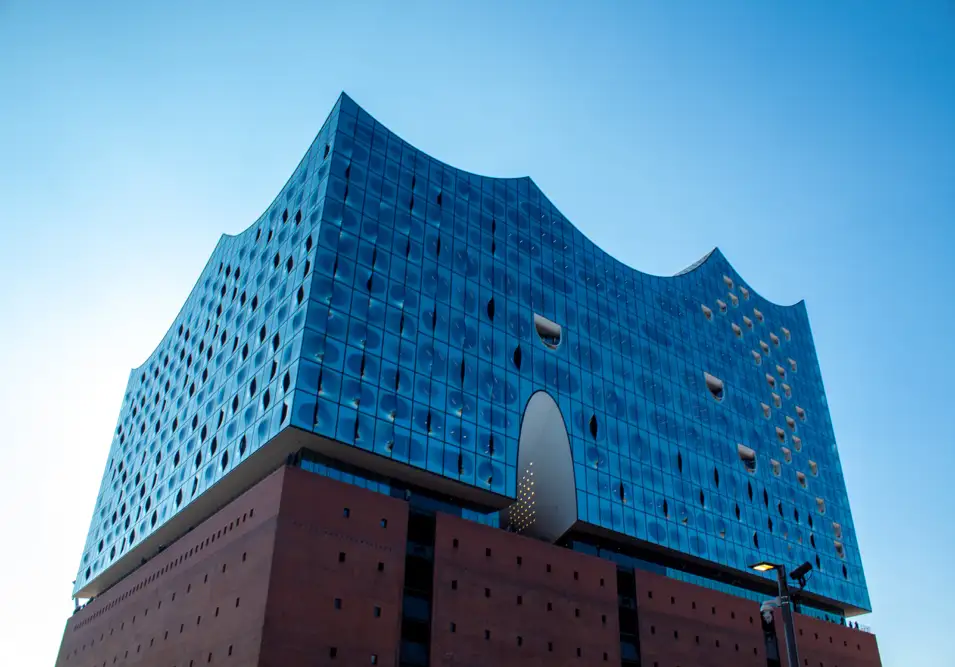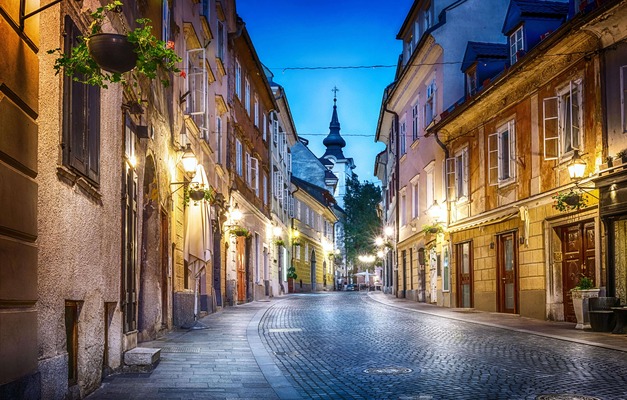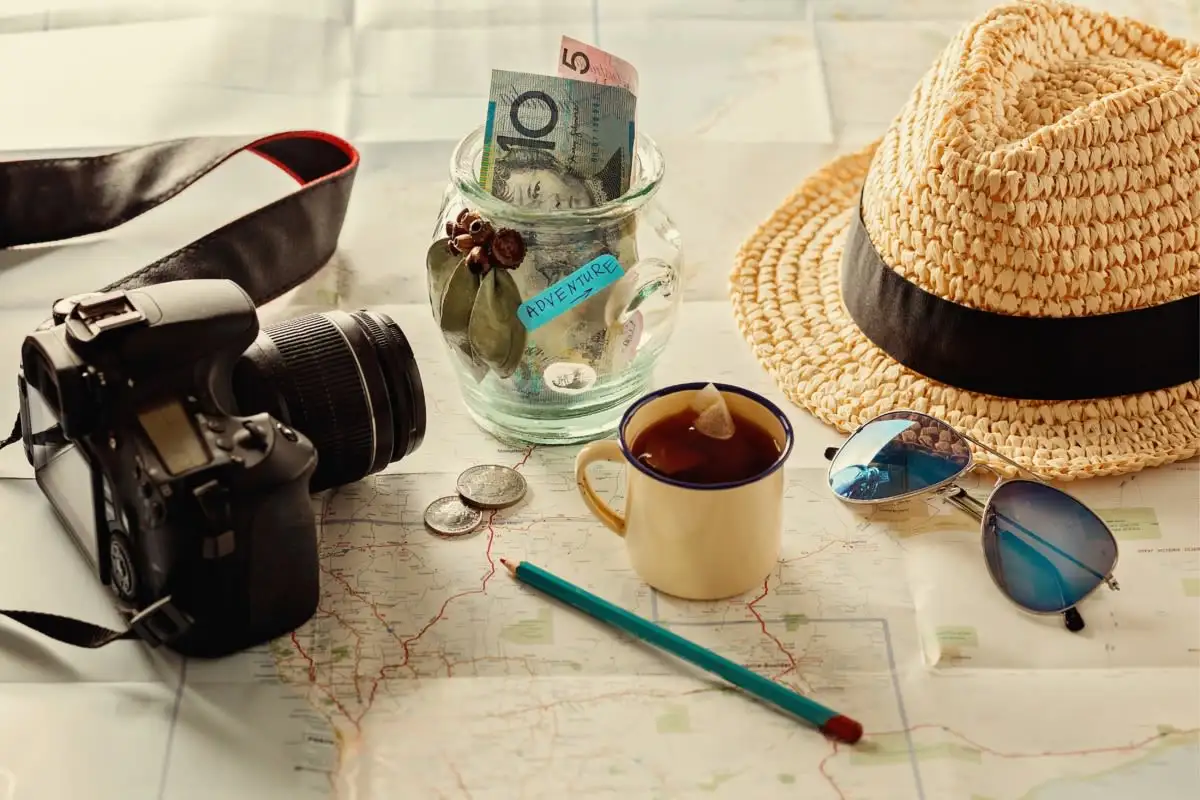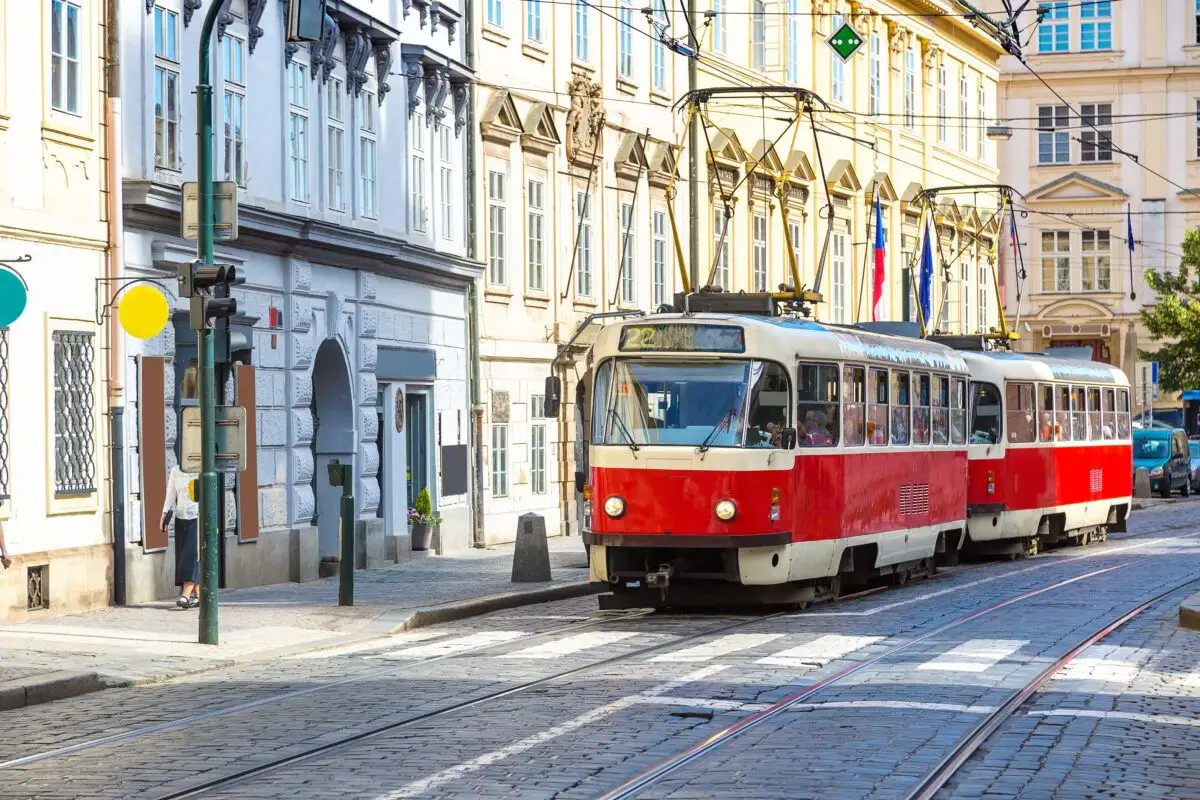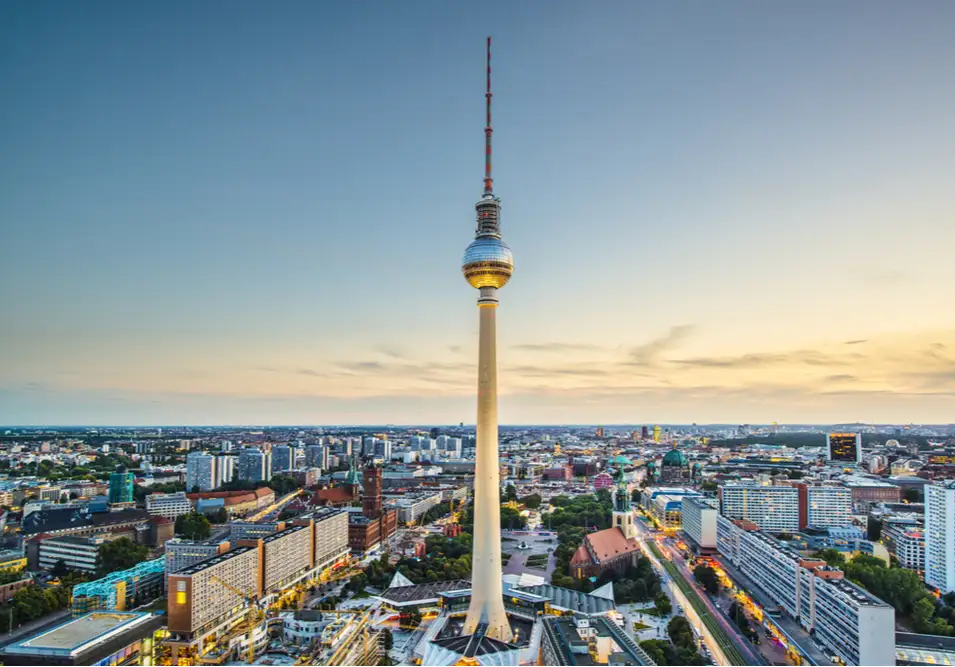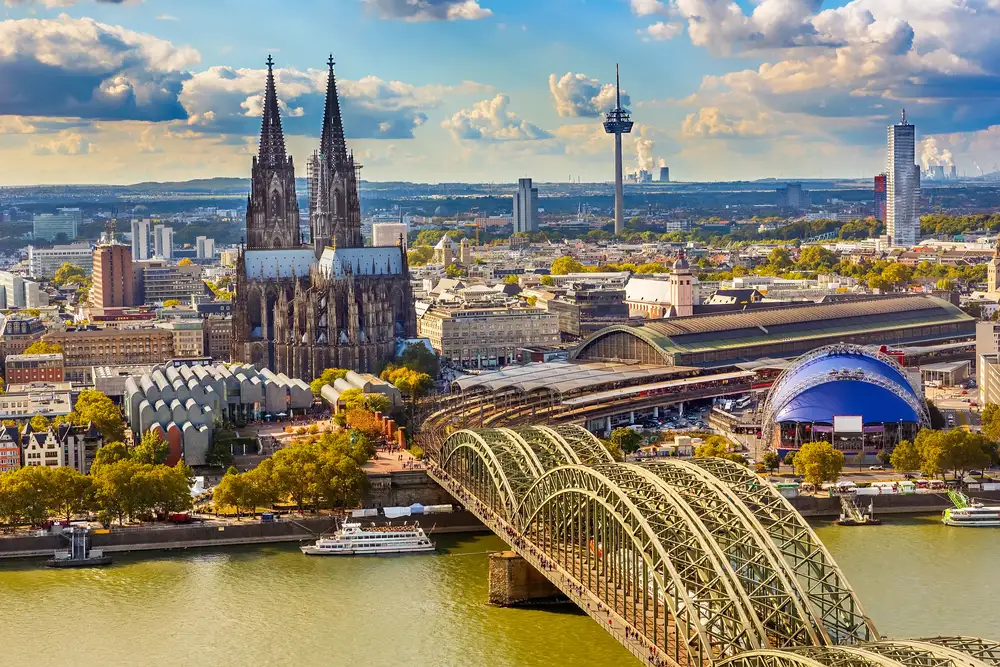Compared to other German cities, Hamburg has a moody, nautical charisma all of its own. Hamburgers have a distinct identity and even their own local slang. Here, they’re more likely to greet you with a ‘moin moin’ than a ‘gutan tag’. In recent years Hamburg has garnered a reputation as rich in both commerce and nightlife. Frequent travelers to the city whisper that Hamburg is ‘undiscovered’, the place to go for a little business and a lot of fun.
Known as Germany’s ‘gateway to the world’, ships dock in Hamburg as they haul cargo up and down the Elbe River. A center for trade since the middle ages, Hamburg has thrived for centuries as Germany’s major seaport, and a sense of affluence is shared throughout the city. In the 19th-century warehouse district, Speicherstadt, brick storehouses cast striking reflections into green-gray canals. Across the bridge in Hafen City, people dine in trendy waterside restaurants. The recently constructed Elbphilharmonie floats majestically out in the harbor. Part ship and part island, this concert hall boasts one of the best auditoriums ever made for human ears. This is a city for living large - in a cultured, German kind of way. Attend a performance by the philharmonic orchestra or cruise with the swans on a boat around the Außenalster Lake. Or, dip into the old German art at the Hamburger Kunsthalle. Works like Caspar David Friedrich’s Wanderer Above the Sea of Fog make this art museum a must-view for any art admirer.
Despite its wealth, Hamburg has not always known good fortune. Throughout history, the low-lying city has been swept by floods and ravaged by fires. In WWII, allied forces unleashed an air attack that saw Hamburg leveled by firebombs over eight relentless days. Hamburg is nothing if not steadfast against its fate. Promptly rebuilt from the ground up after the war, the only remaining evidence of the bombing today is the church of St. Nikolai, preserved in ruins as a memorial to war. The blackened church tower is etched into the Hamburg skyline, as though drawn there by charcoal. Inside the tower, a carillon of bells rings every Thursday at noon, and the peals can be heard across the city. Resilience is in the air in Hamburg, along with the briny smell of the North Sea. Once you experience Hamburg, you’ll see Germany from a totally different point of view.



















